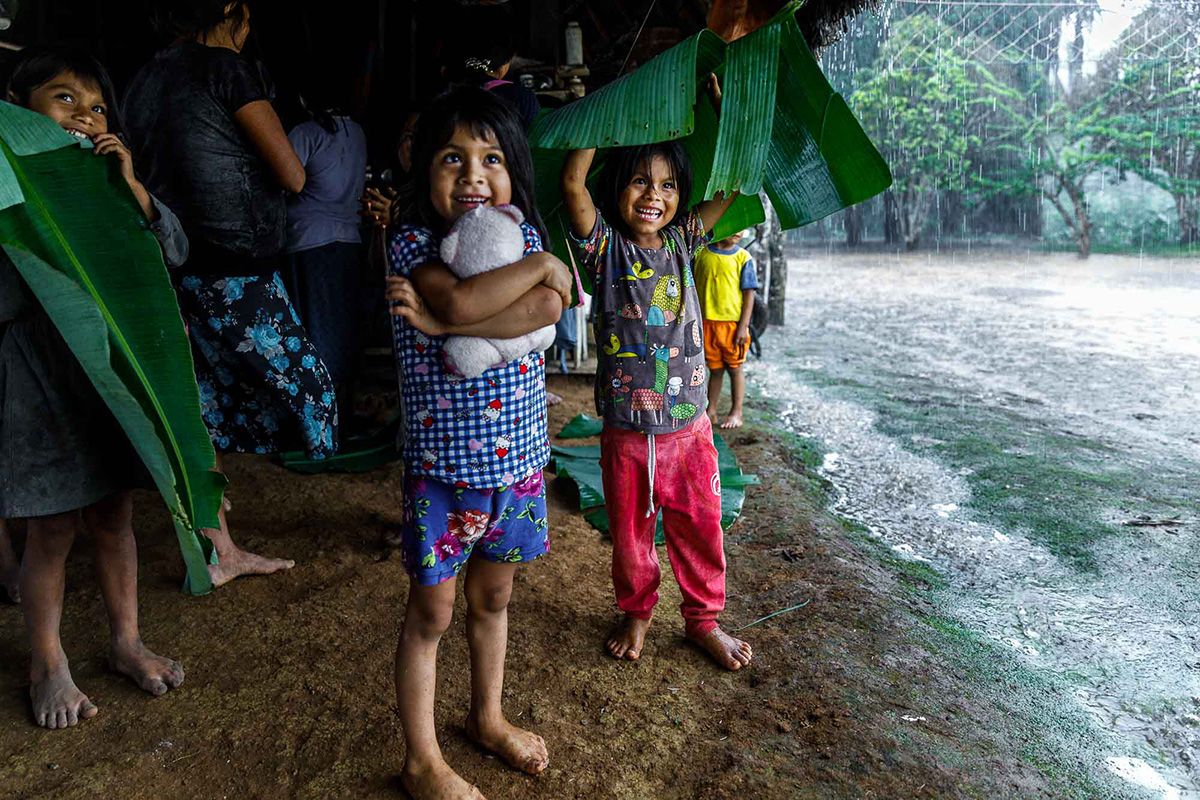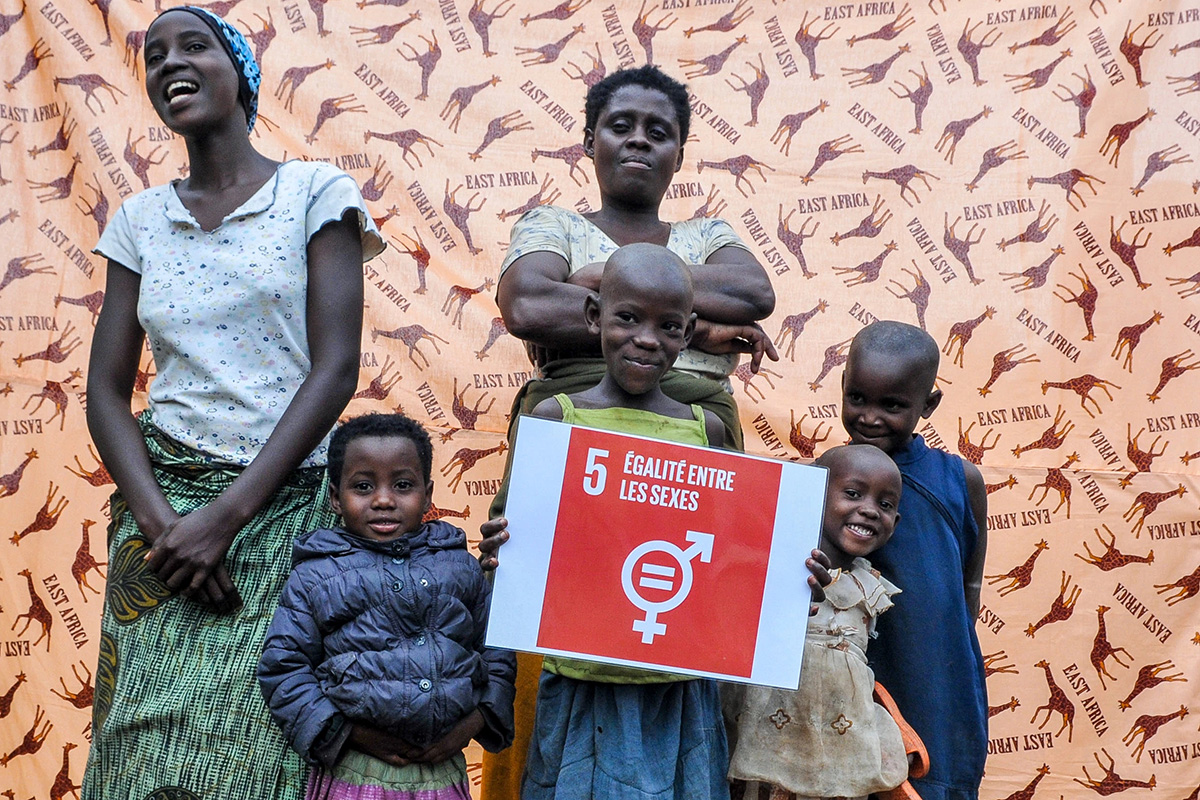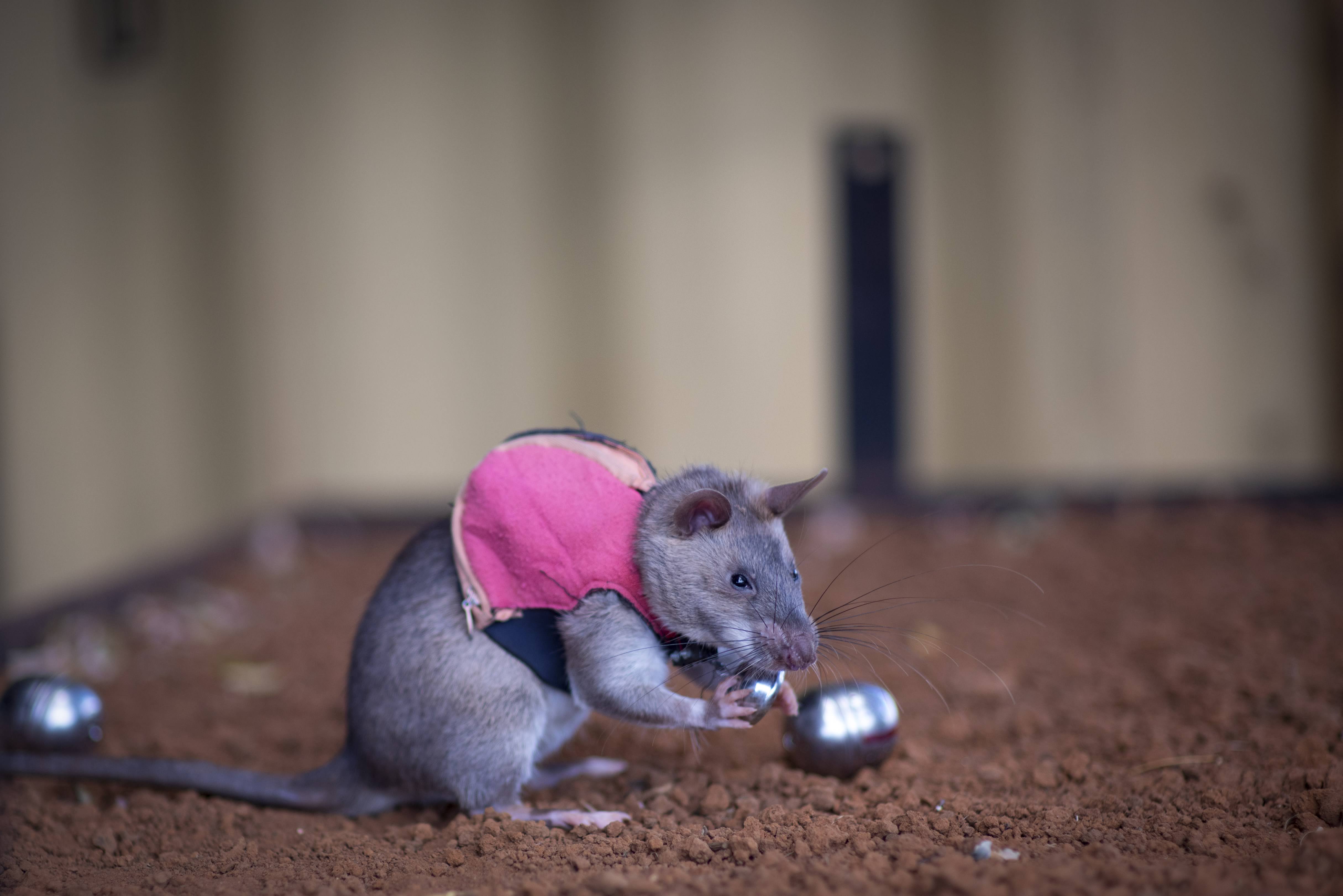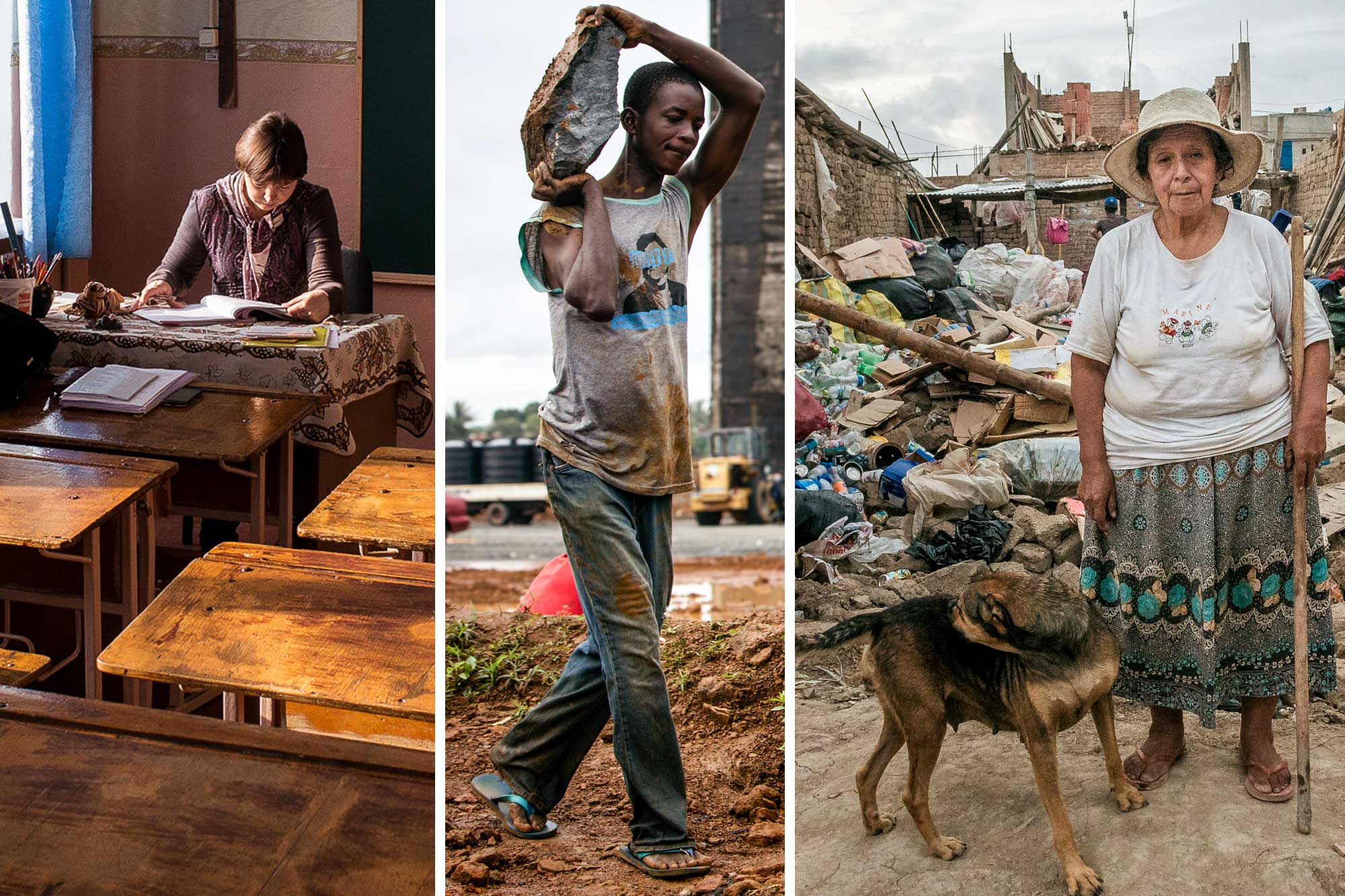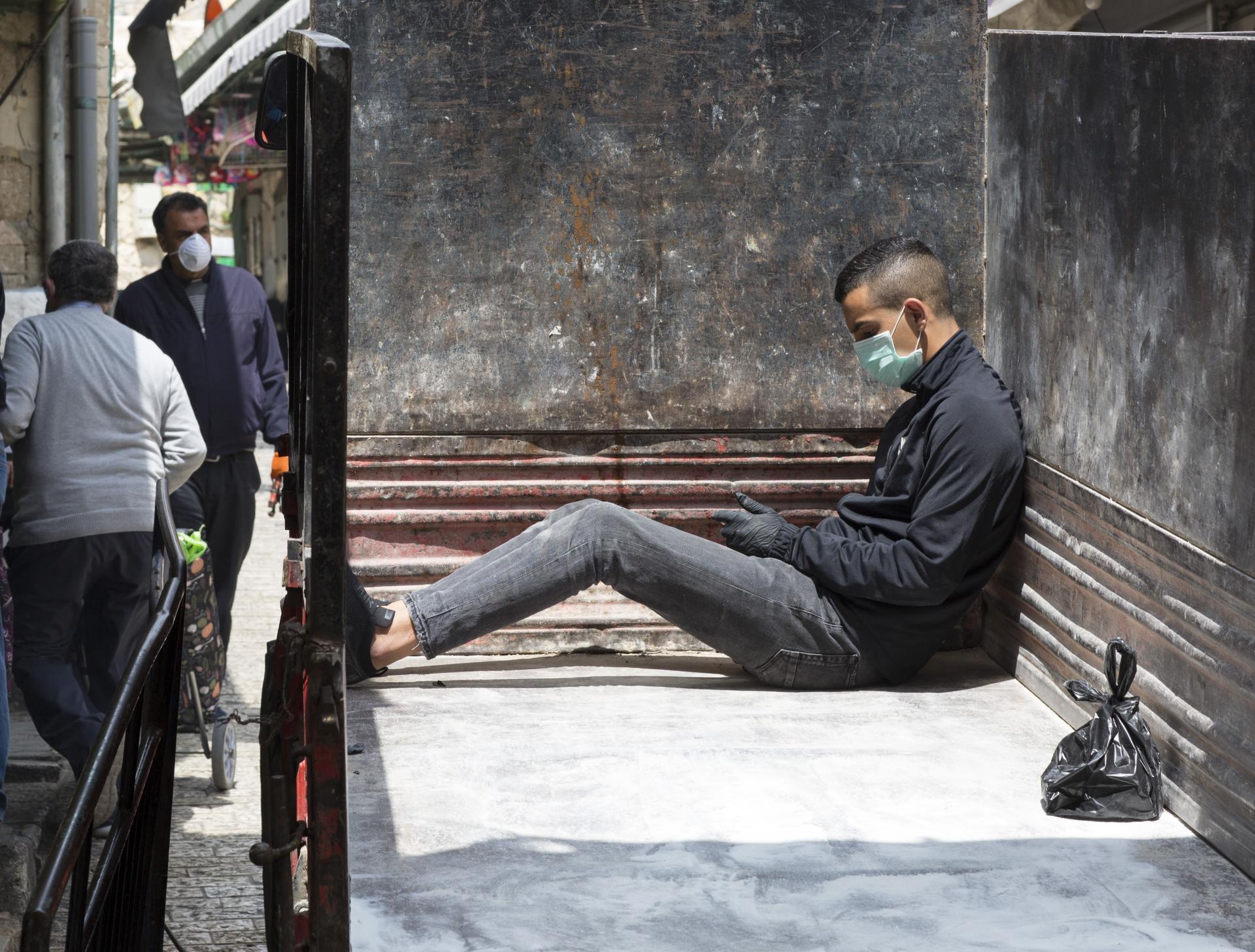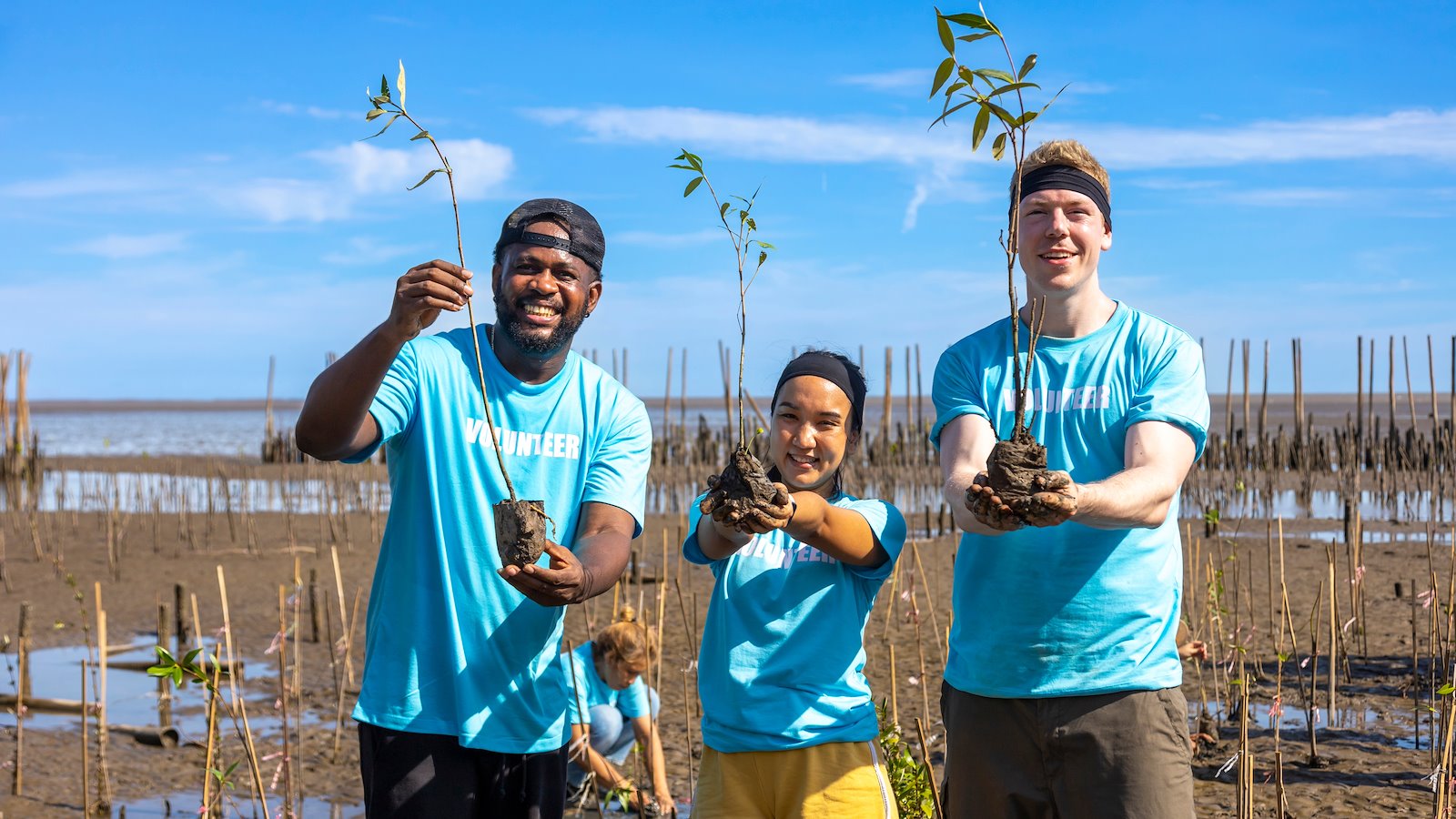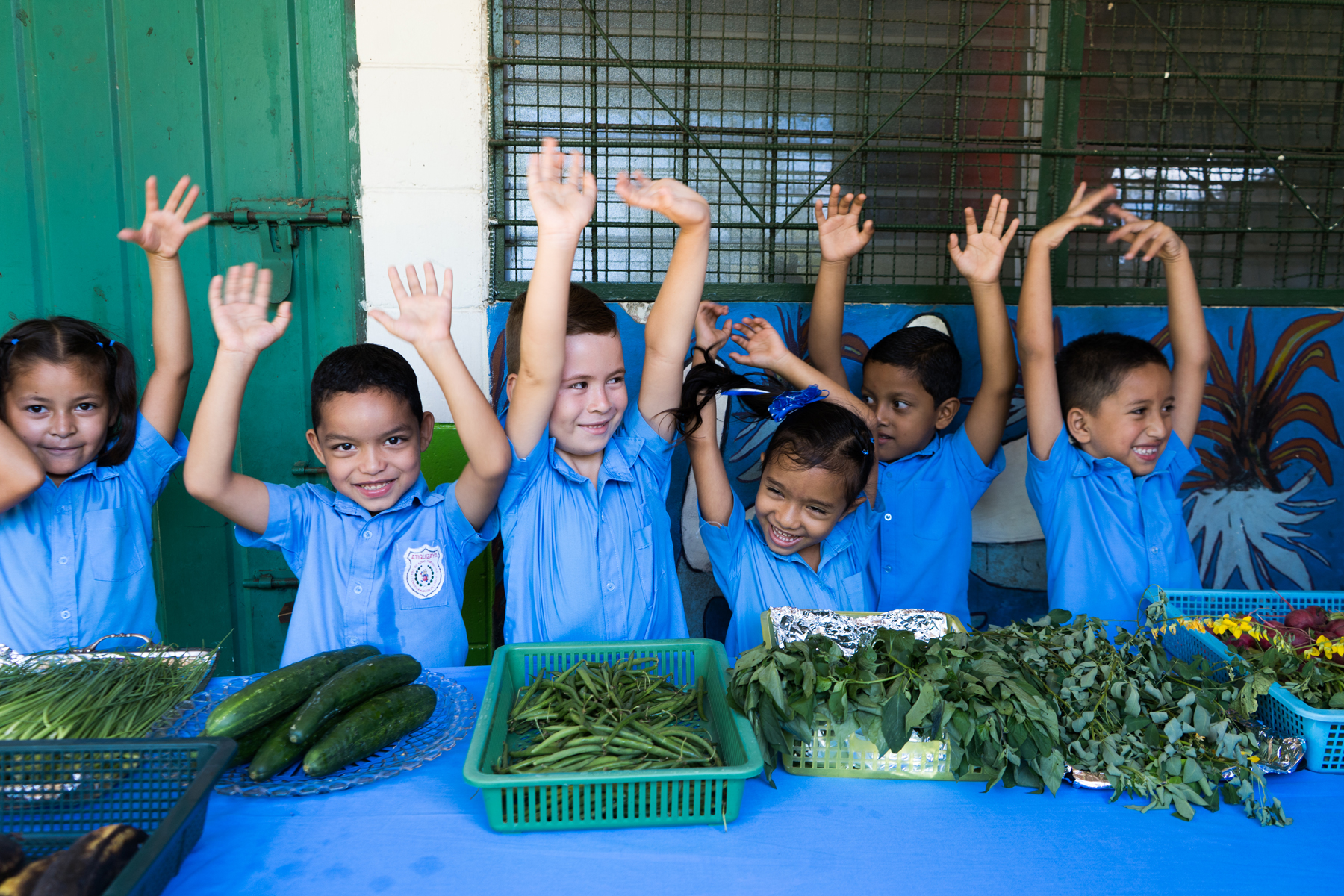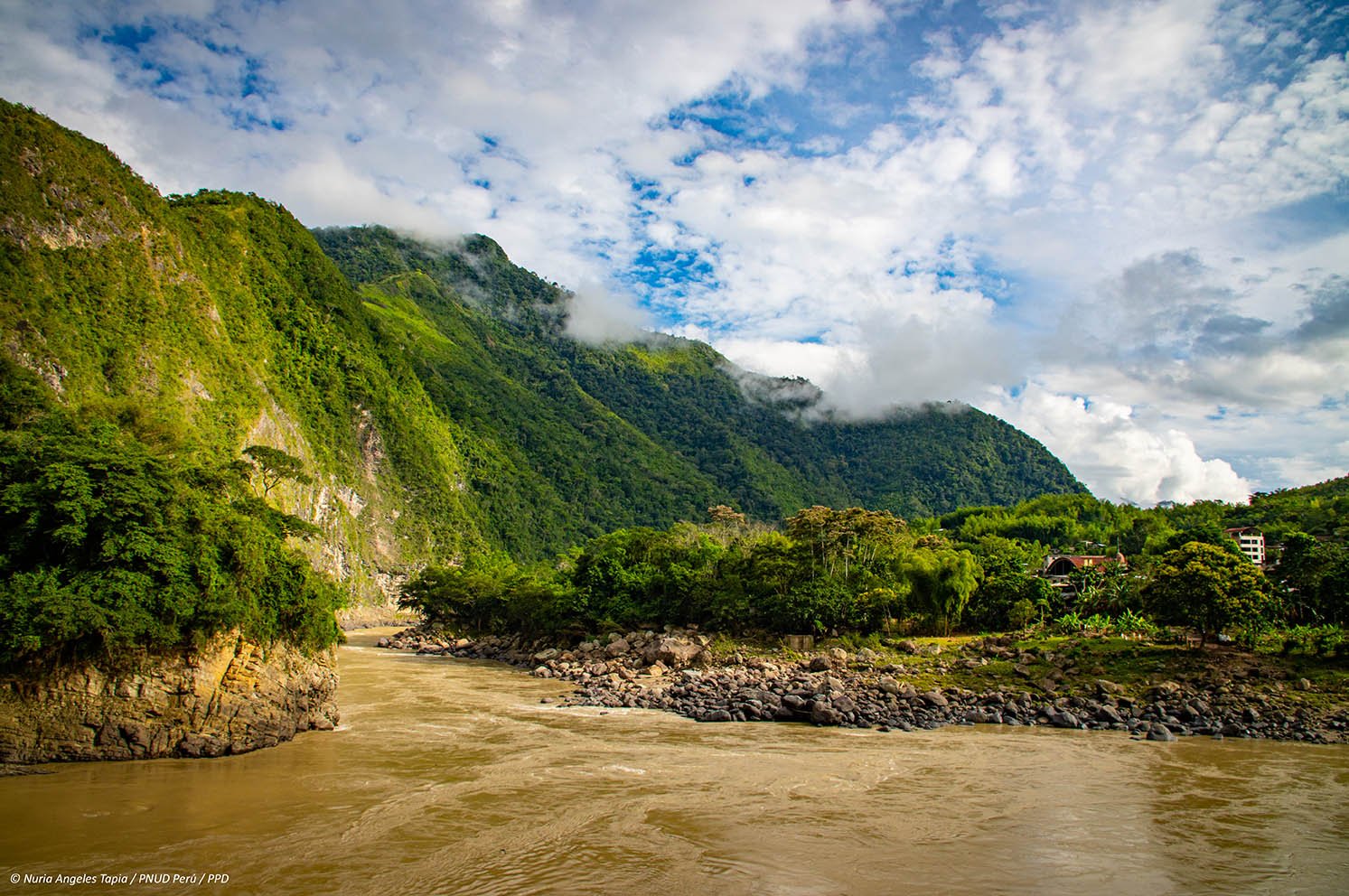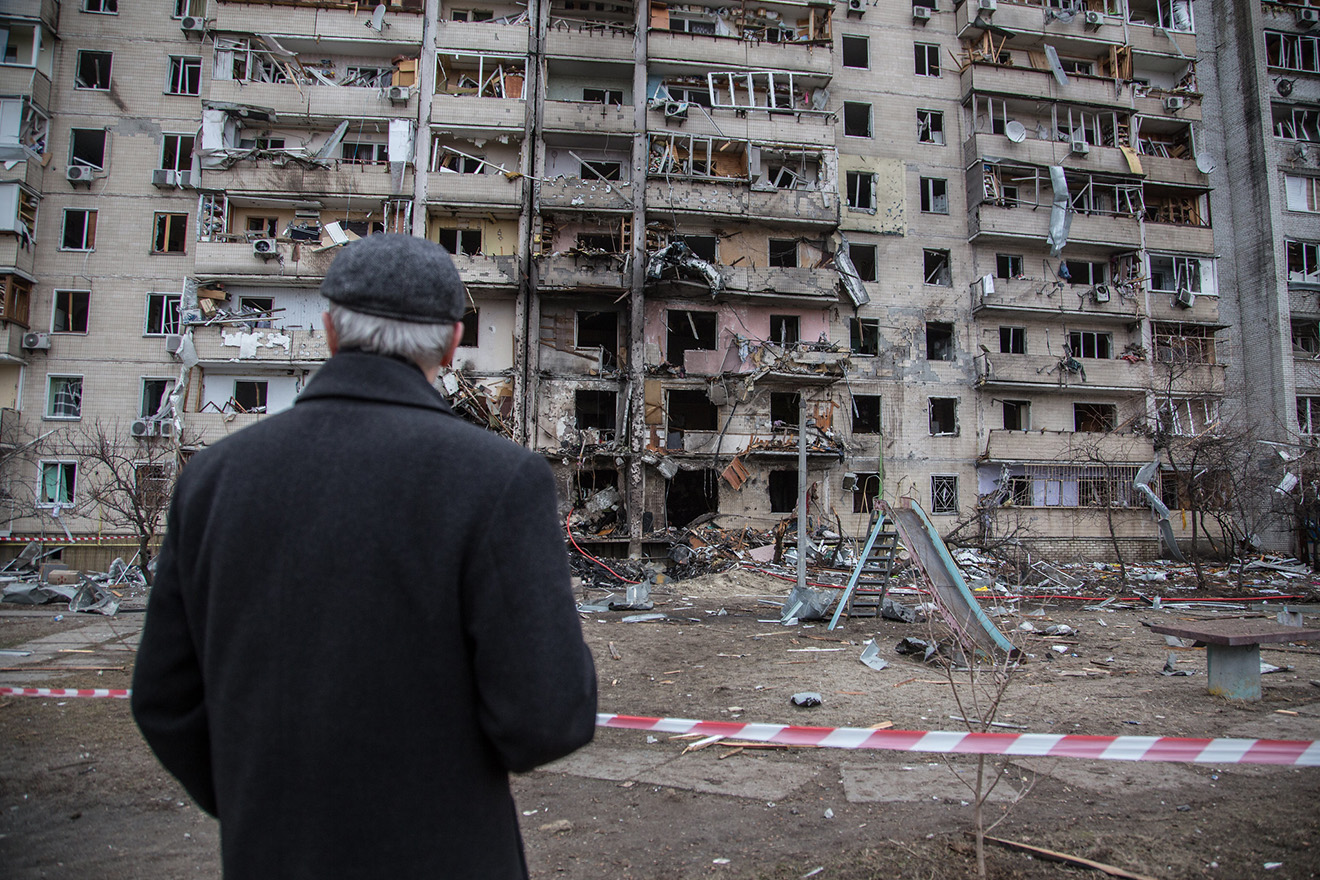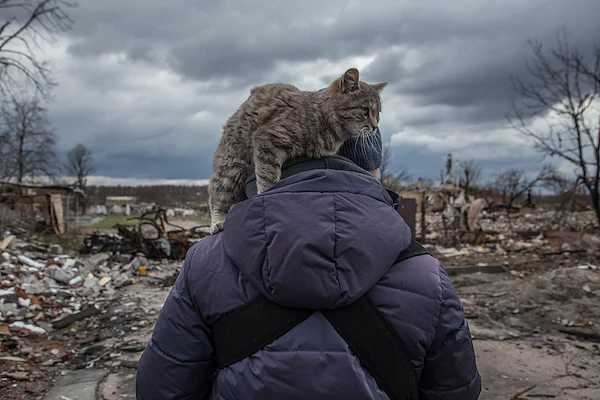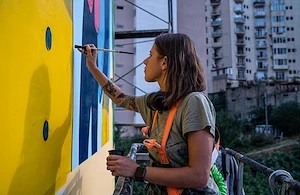Learn about the key findings from the new Human Development Report 2021/22 "Uncertain Times, Unsettled Lives: Shaping our Future in a Transforming World" through this short animated explainer video.
UNDP
A journey into the heart of Ecuador’s Amazon rainforest is redefining sustainable tourism. Ramiro Vargas is a local leader, tour guide, and founding staff member of the Kapawi Ecolodge, perched in one of Ecuador’s easternmost provinces. Ramiro’s passion for service – guiding groups into the forest, and volunteering in numerous community roles – extends to cultivating the next generation of youth leadership. While tourism came to a halt in 2020, The Lion’s Share, a UNDP-implemented programme - made a call for proposals to support communities dependent on wildlife-based tourism.
Just as no one is immune to war and conflict, no one can solve it alone. To achieve peace, we must invest in peace. And to make peace sustainable, we must invest in development, recognizing the central role that institutions play in ensuring that solutions are nationally-owned, long-term and effective. Overall, as outlined in Our Common Agenda, we need to re-envision multilateralism to overcome the challenges we face as humanity. UNDP looks forward to ensuring that our engagement on conflict and fragility, and our support in conflict settings is effective, inclusive and sustainable.
From their work with landmine detection and sniffing sputum to detect tuberculosis, the Belgian NGO APOPO rats have been saving human lives for over two decades and have earned the special title - HeroRATs. The African giant pouched rat is one of the largest on earth and roughly equal in size to a small cat. These remarkable rodents are prized for their exquisitely sensitive olfactory capacity. Now with support from a UNDP-administered project, APOPO is training the rats to put their specialized skills to use by screening shipping containers for pangolin scales. The HeroRATs will provide another tool in the arsenal for the fight against the illegal wildlife trade.
One of the great lessons of our species is that we can accomplish a lot with very little if we work together. Development is about change; charting new paths forward into the unknown; and transforming our world, according to the 2030 Agenda for Sustainable Development.
Flux is normal. Throughout history, humans have struggled with plagues, war, and political upheaval. Yet, our present uncertain times are different in unprecedented ways. If we don’t feel that our lives are secure, it is because they aren’t. The UNDP’s latest Human Development Report indicates that we are navigating uncharted waters. But there is hope. The report suggests three ways to help navigate—and even thrive—in the new uncertainty complex.
For the first time in the 32 years that the UNDP has been calculating it, the Human Development Index has declined globally for 2 years in a row. Nine out of 10 countries fell backwards in human development.
People with disabilities often aren’t informed about their rights and depend on complex procedures for decisions affecting their lives. Life without barriers would be easier for all of them if information was easily provided and procedures completed in one place. UNDP, the Government of Montenegro, and civil society organizations are working together to reform the disability assessment system - a project supported by the EU. Through that reform, disability levels and needs of all people with disabilities will be assessed in one place. This will simplify procedures significantly and make the system more accessible. Read the full story to find out more about the project.
For the first time in history, the United Nations General Assembly has recognized that a clean, healthy and sustainable environment is a universal human right. The United Nations Development Programme (UNDP) and our global partners took some time to celebrate and reflect on this accomplishment before we roll up our sleeves and get to work translating this critical decision into tangible progress for environmental justice and the Sustainable Development Goals.
In the words of Sara Omi, President of the Coordinator of Territorial Women Leaders of Mesoamerica and Embera, "What is different now is that we have a document from the United Nations where all states are responsible." From Panama to Senegal, Paraguay, Thailand, Türkiye, Nairobi, Bolivia, Gambia, and Indonesia, here are the reactions of women and men working to make a difference.
South-South cooperation is a manifestation of solidarity that contributes to national well-being. It covers economic, social, cultural, environmental, and technical domains. Given the post-pandemic scenario, the war in Ukraine, and climate change, the countries of the South and all stakeholders involved must strengthen this cooperation to help each other break the cycle of poverty, instability, and development inequalities. On this International Day of South-South Cooperation, join our event - hosted during the Global South-South Development (GSSD) Expo - which will showcase successful initiatives.
The Wampís Nation protects the largest tropical forest in the world, and today, after decades of intense fighting to defend the land, they are leading a powerful effort to confront the water crisis by protecting the “flying rivers”. The Wampís Nation’s forests cover more than 1.3 million hectares within Peru, but through the flying rivers, they supply water for three countries. Flying rivers are caused by the sheer scale of evaporation and transpiration in the forests. The forests preserved by the Wampís Nation ensure water security for regions at risk of drought.
We are living in uncertain times. The COVID-19 pandemic, the war in Ukraine, and the climate crisis threaten the world daily. So where do we go from here for a more hopeful future? The upcoming 2021/22 Human Development Report (HDR) seeks to address these questions. Set to be released on 8 September, the 2021/22 HDR examines how inequalities and uncertainty reinforce polarization and undermine our sense of control over our lives. But this report is also about opportunity: working towards shared goals and on human development is critical to creating a future in which we can all thrive.
The devastating consequences of the war in Ukraine have spread far beyond the region’s borders. Fuel and food prices are skyrocketing. Initially, wheat prices went up by 62 percent, although they have fallen slightly. The slight decline in commodity prices has not meant lower inflation, which continues to accelerate. A recent UNDP report states 71 million people have already fallen into poverty in just three months—a rate much faster than during the pandemic. The Balkans, Caspian Sea, and sub-Saharan Africa Sahel are particularly affected.
1.8 billion young people, the largest generation of youth in history, are transitioning to adulthood. Their education and opportunities will shape the future of the world. Today’s young generations are still bearing the scars of a global financial crisis and enduring the impacts of an entrenched and inherited climate crisis. They are coming of age during a pandemic on a scale not seen in generations, which has pushed more than 1.5 billion students and youth out of schools and universities due to lockdowns. Paradoxically, they are the most prepared and highly entrepreneurial generation.
In the Yunnan Province, the Bai and Naxi women reached an agreement in favor of the sustainable collection of morille mushrooms. The mushrooms can only be picked when they are more than 5cm in size and are open and dispersed to allow the mushrooms to fully release their spores. Furthermore, the women patrol and supervise possible theft of wood and herbs. China’s ethnic minority women play a vital role in protecting traditional knowledge and cultural heritage. Since 2010, more than 41,800 people belonging to China’s ethnic minorities have been supported by the GEF/SGP implemented by UNDP.
Viktoria is one of few women firefighters in Ukraine, and the only one in the Kyiv region. She said positive thinking helps her and her colleagues to face the daily demands of their risky job. “It doesn’t matter where you work now. With the current situation in Ukraine, there’s a risk everywhere,” she said. As of July, at least 41 Ukrainian rescue workers, including firefighters, have been killed, and 134 have been injured since Russia invaded Ukraine on 24 February, according to Ukraine’s State Emergency Service (SES).

